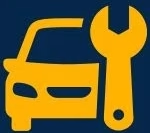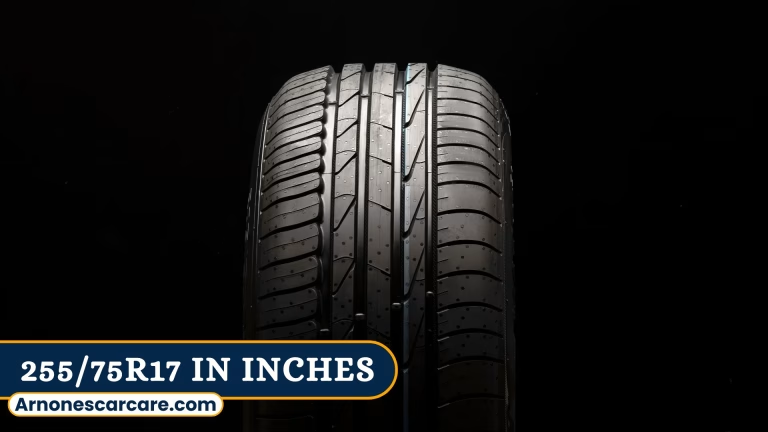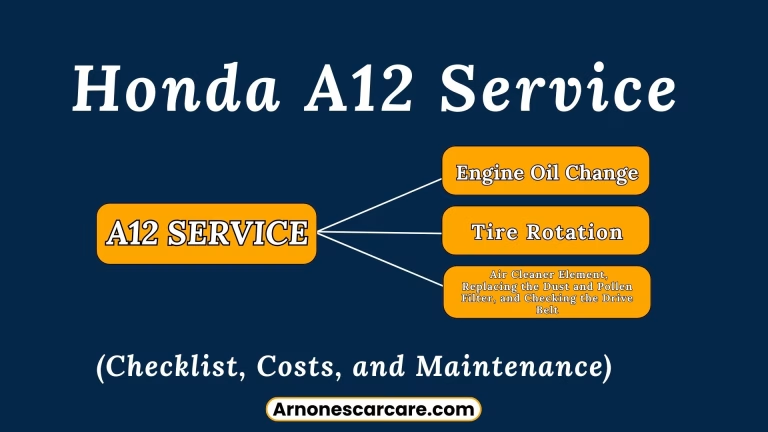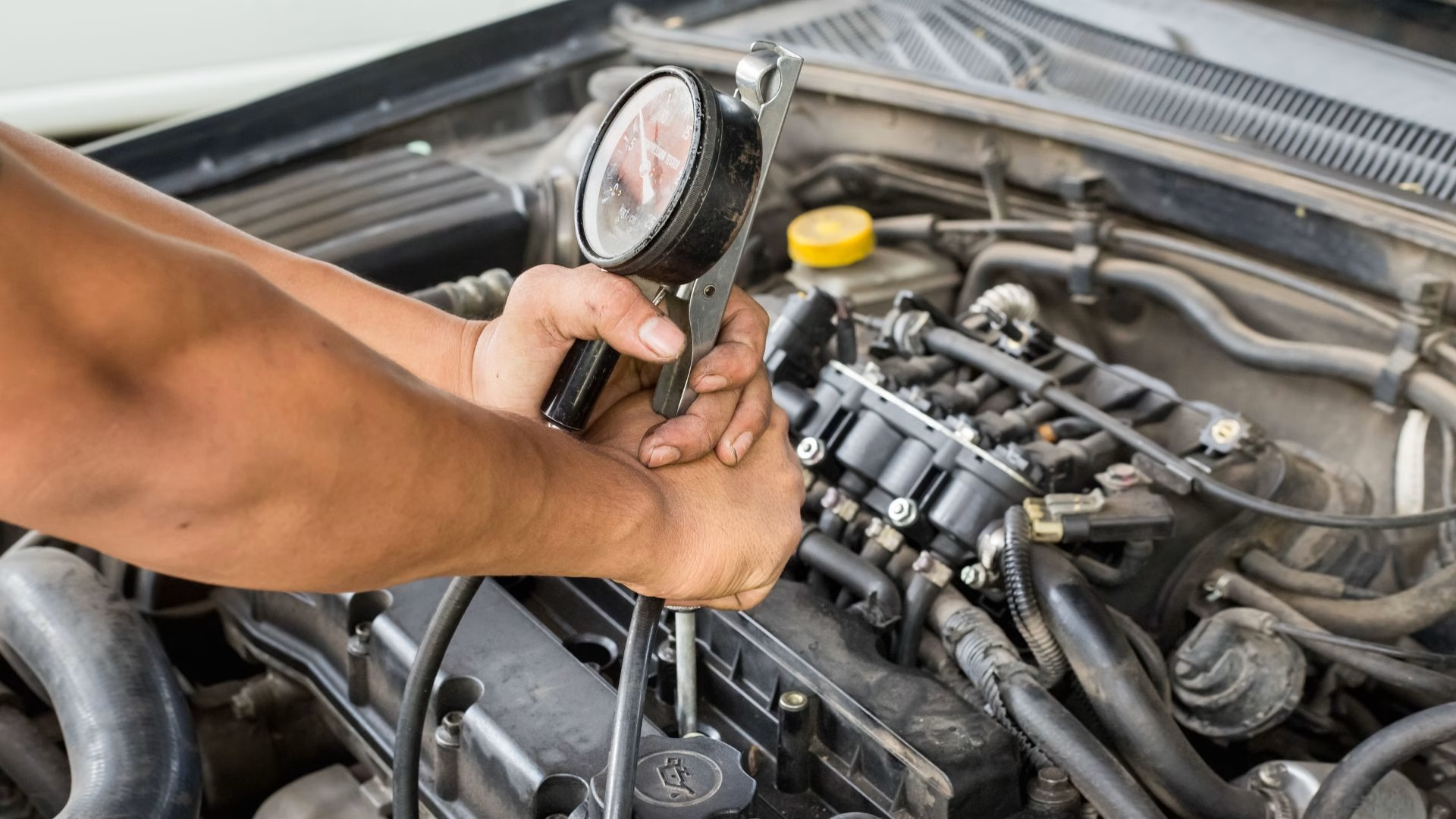
Engine compression loss occurs when your engine cylinders can’t maintain the pressure needed for proper combustion. Without that pressure, fuel doesn’t burn efficiently, leading to issues like rough idling, sluggish acceleration, and reduced fuel economy. In severe cases, the engine may misfire or refuse to start altogether.
Understanding compression loss is key to spotting problems early. In this guide, we’ll break down what engine compression is, the symptoms to watch for, the common causes behind the issue, and how it can be diagnosed and repaired before it leads to major damage.
What is Engine Compression and Why Does it Matter?
Simply put, engine compression is the pressure created when the air-fuel mixture in your engine’s cylinders is compressed before ignition. This process is crucial because the mixture ignites more efficiently under high pressure, producing the necessary power to keep your car running. Without proper compression, your vehicle may struggle with incomplete combustion, similar to how a dirty air filter can reduce overall performance.
Numbers to Know
A healthy car engine typically needs around 100-150 PSI (pounds per square inch) in each cylinder for seamless operation. Anything significantly lower than this could spell trouble for your engine.
Symptoms of Engine Compression Loss
I’ve had countless customers come to me with vague complaints like, “My car has no power” or “The engine’s shaking.” More often than not, after performing a compression test, we uncover issues related to cylinder compression loss. Here are some common symptoms I’ve noticed:
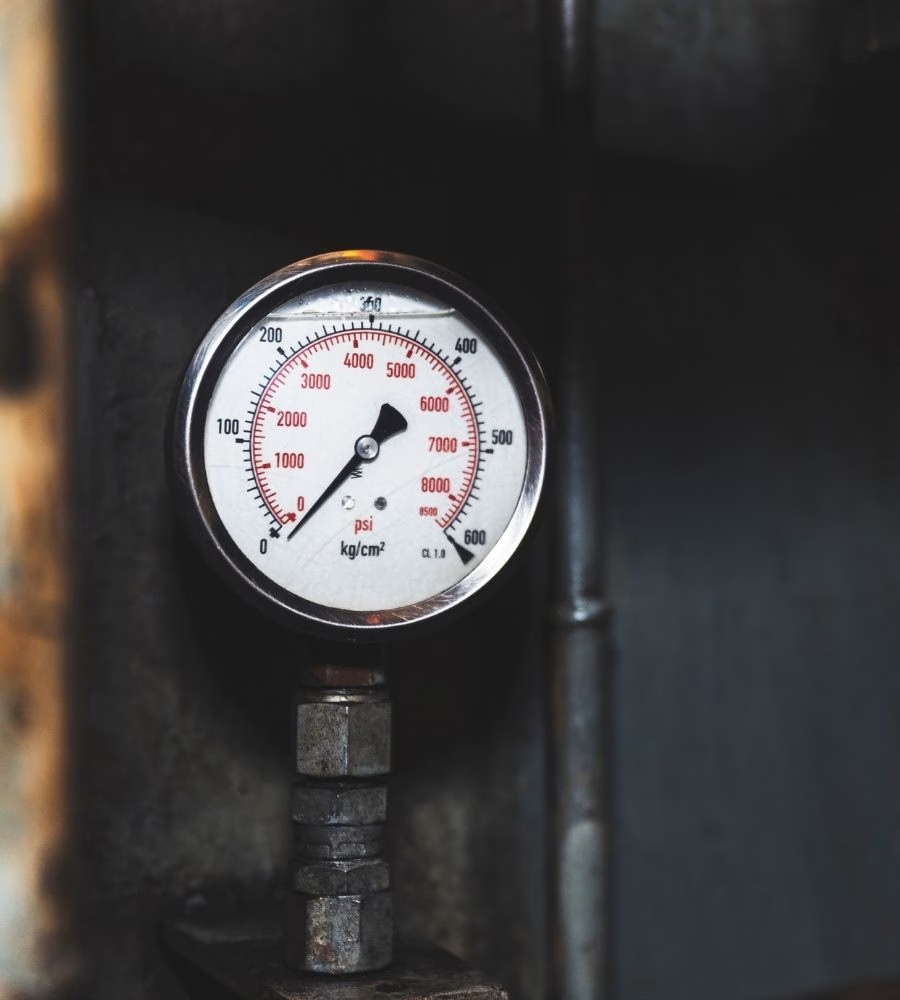
- Rough Idling and Misfires: If one or more cylinders lack compression, you’ll feel a rough, uneven idle. It’s almost like the car is gasping for breath.
- Hesitation or Power Loss: I remember working on a customer’s Honda Civic that struggled climbing hills. Testing revealed 50% compression loss in two cylinders. No wonder it took every ounce of effort just to drive!
- Poor Fuel Economy: When compression is low, the motor compensates by burning excess fuel, which can exacerbate engine oil problems over time.
- Failure to Start: If compression is critically low across all cylinders, your car might not start at all. Diesel engines can be particularly picky about this – even one weak cylinder can prevent the engine from turning over effectively.
- Check Engine Light On: Misfire-related codes, often linked to cylinder compression loss symptoms, frequently trip the check engine light.
Whether it’s a sportscar, bike engine, or a workhorse diesel truck, the symptoms of low compression largely remain the same.
Common Causes of Engine Loses Compression
From my years of experience, I can tell you there are several culprits behind low compression:
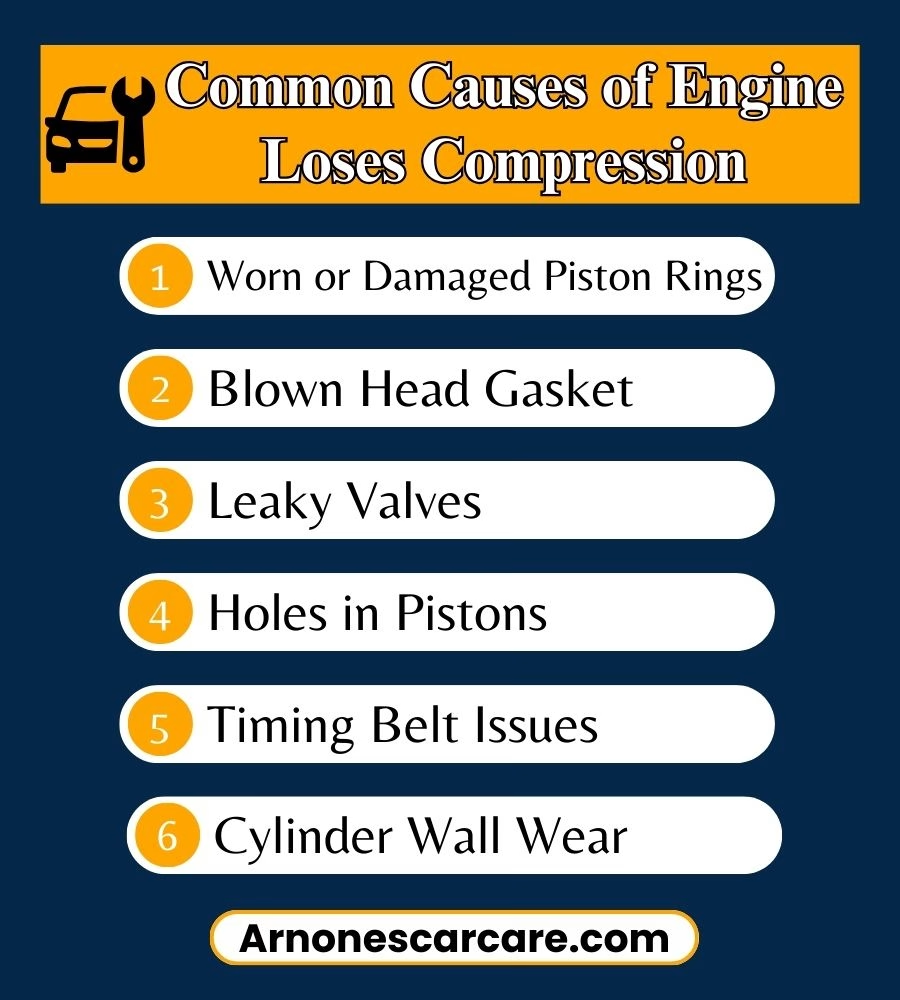
1. Worn or Damaged Piston Rings
Piston rings are critical to maintaining compression. Over time, high mileage or overheating can wear these down, allowing air to escape past the rings. If you notice oil burning and blue smoke from the exhaust, worn piston rings might be to blame.
2. Blown Head Gasket
Head gasket failure is one of the more serious issues I’ve worked on. Once, a customer’s Subaru came in with cooling system problems and weak performance. We discovered the gasket had blown between two cylinders. This allowed compressed air to escape, causing devastating compression loss.
3. Leaky Valves
Whether it’s an intake or exhaust valve, overheating can distort these components, preventing them from sealing properly. One time, a Toyota Camry with 120,000 miles rolled into the shop with massive power loss. A simple compression test showed the exhaust valves were leaking gas, dropping PSI levels drastically.
4. Holes in Pistons
Although rare, pistons can get damaged due to pre-ignition or incorrect air-fuel ratios. This compromises engine integrity and may even necessitate an engine rebuild.
5. Timing Belt Issues
If the timing belt skips a tooth or snaps altogether, the valves may open and close at the wrong times, interfering with compression. These failures are prevalent in both gas and diesel engine compression loss cases.
6. Cylinder Wall Wear
A glazed or cracked cylinder wall can disrupt the tight seal necessary for proper compression. I’ve seen this in older vehicles or motors subjected to overheating.
Diagnosing Compression Problems
Testing for engine compression loss isn’t as complicated as it sounds. At our shop, I usually start with a compression test using a gauge that measures the pressure in each cylinder. If I suspect leaks, I’ll follow up with a cylinder leak-down test, which identifies where the air is escaping.
One memorable case involved a Ford F-150 with erratic performance. Compression tests showed one cylinder reading at 90 PSI while others were at 140. A leak-down test revealed air escaping through a badly worn valve seat. Fixing it restored the engine’s compression and, more importantly, the customer’s confidence in their truck.
Repairing and Preventing Engine Compression Loss
Repairs depend on the root cause. Damaged piston rings might mean a partial engine rebuild, while a blown head gasket could require resurfacing the cylinder head. For simpler fixes like valve adjustments or timing belt replacements, parts and labor are more manageable.
At our shop, I always emphasize preventative maintenance. Regular oil changes, using high-quality fuel, and keeping an eye on the cooling system go a long way in preventing catastrophic motor compression problems.
Final Thoughts
One thing I’ve learned over the years is that engine compression issues might sound intimidating but are often repairable with the right diagnosis. The key is catching symptoms early and addressing them head-on before further damage occurs.
If you think your car is showing signs of compression problems, don’t panic. Bring it to our shop, and I’ll personally ensure your engine runs as smoothly as the day it left the factory. After all, taking care of engines has been our family’s specialty at Arnone’s Car Care for decades.
When it comes to keeping your engine in top shape, trust your car to someone who’s been under the hood, helping Kansas City motorists since 1956. If you’re experiencing symptoms or have questions, give me a call or schedule an appointment today. Together, we’ll get your car back to peak performance!
Stop By for Hassle-Free Maintenance
Protecting your car is simple when you stop by Arnone’s Car Care. From routine air filter replacements to more comprehensive engine repairs, our shop in Kansas City offers top-notch service with your convenience in mind. Swing by or give us a call at (816) 471-8560 to schedule an appointment, and our friendly team will ensure your vehicle gets the care and attention it deserves.
